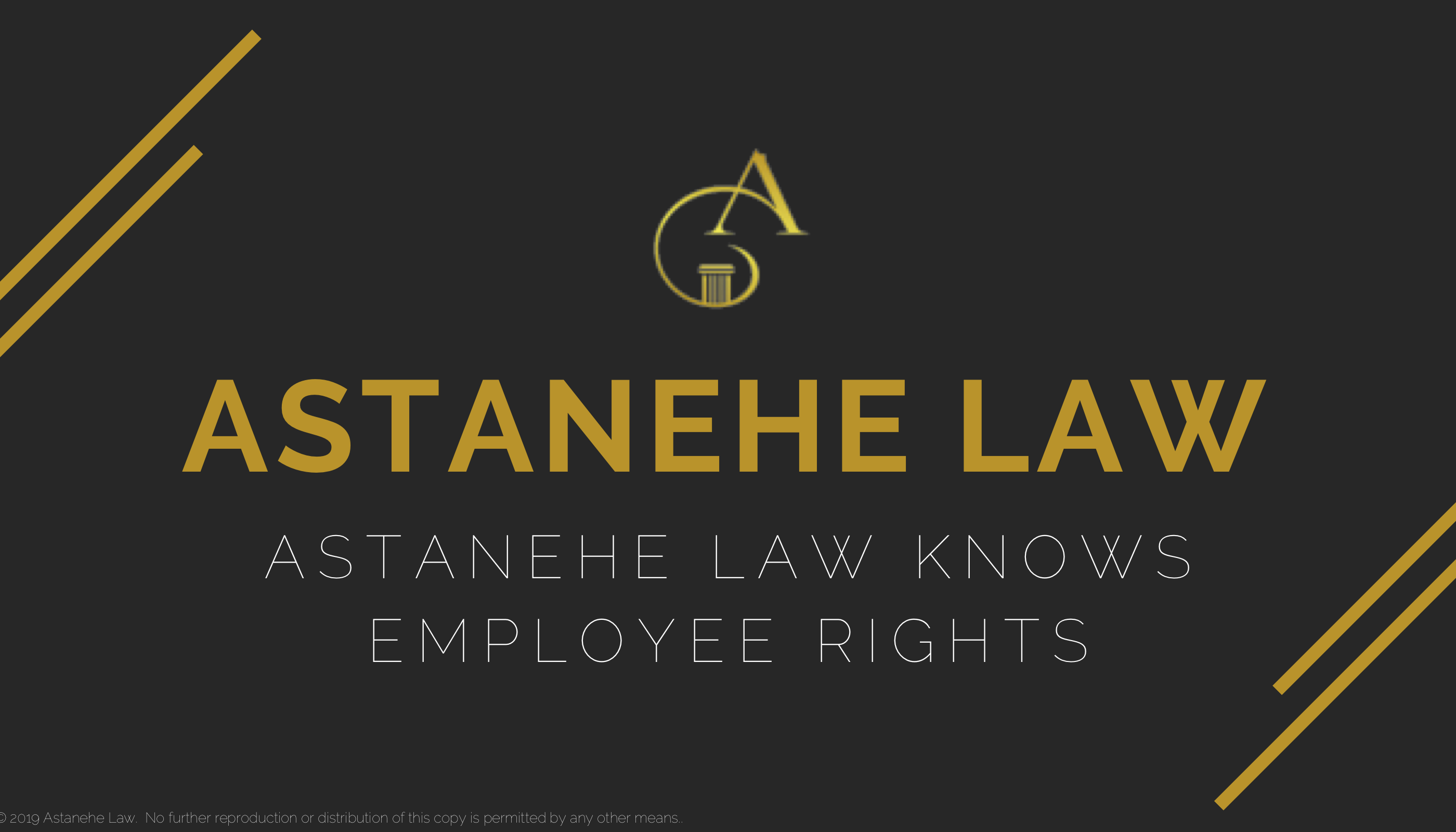In today’s increasingly digital world, employers store vast amounts of employee data on computers, cloud-servers, and applications connected to the internet. Employers digitally store a categorically wide array of information with varying degrees of sensitivity, such as RSVPs to company happy hours, which are not that sensitive, to highly sensitive data, including employee social security numbers, medical and financial information, and tax identification numbers. Employers must safeguard employee personal information. California Civil Code § 1798.81.5. Accordingly, they must institute security procedures and practices to appropriately protect employee information from unauthorized access, destruction, use, or disclosure. Id. Employers must act to prevent data breaches.
However, implementing and maintaining these security protocols is expensive. Employers must remain vigilant against hackers that are continually innovating their techniques at gaining unauthorized access to private employee data, which is collectively worth billions on the dark web. Even in the face of alarming reports that data breaches increased more than 400% in 2018, numerous employers still neglect to make private employee data protection a leading priority.
Data breaches wreak havoc on employees’ lives, as hackers can use the data to apply for credit cards, obtain fraudulent tax returns, obtain fraudulent government benefits, and force the identity theft victim into financial ruin. Following an employer data breach, employees must continuously monitor all of their accounts, purchase identity theft protection and/or insurance, and live with a heightened risk of identity theft. Often, identity thieves hold an identity theft victim’s private information for years before utilizing the data to commit fraud. An employer’s failure to properly safeguard against the widely-known data breach threat can have a devastating impact on its employees’ lives for years.
Employees should know that if employer-held private information has been accessed, used, or disclosed they have a legal claim. Contact Astanehe Law for your free consultation to discuss what you can do to protect yourself and hold your employer accountable!
Employers Must Disclose Data Breaches to Employees in California
California law requires employers to disclose data breaches to employees as soon as possible. California Civil Code § 1798.82. Shortly after the discovery of the data breach, employers must send affected employees a Notice of Data Breach explaining what happened, list the compromised personal information, inform employees of employer responsive action, and provide a contact that can provide more information about the data breach. Id.
I’m A Employer Data Breach Victim, What Now?
First, contact Astanehe Law immediately to discuss your legal rights following your employer’s data breach. Your employer failed to safeguard your private information, as required by law. Your employer must make you whole. Contact Astanehe Law to discuss your options with an experienced attorney today!
Digital information can travel at the speed of light, and hackers are active 24×7. Therefore, if your private personal information has been accessed or disclosed due to an employer data breach, you must act quickly to minimize your risk of identity theft. Generally, those at heightened risk of identity theft should:
- Determine the information your employer allowed to be exposed during the data breach;
- Enroll in credit & identity monitoring services;
- Obtain identity theft insurance;
- Change your online passwords and security Q&As;
- Review your account statements for suspicious or unknown activity;
- Monitor your credit report for suspicious or unknown activity;
- Obtain your free credit report by visiting www.annualcreditreport.com or calling 1-877-322-8228;
- Consider placing a no-cost security freeze on your credit reports. This prevents credit reporting agencies from releasing information in your credit report without your authorization. For more information about placing a security freeze on your credit report, click here;
- Consider placing a no-cost fraud alert on your credit report, which lasts one year.
- Consider filing your taxes early, so that you beat any potential scammers that may attempt to commit tax fraud;
- Consider closing your financial accounts and opening new ones, with different account numbers;
- Consider canceling your financial cards and opening new ones;
- If you discover that you are already an identity theft victim, consider filing a report with law enforcement, the state Attorney General, and the Federal Trade Commission.
What are my Legal Remedies?
If you suffered the disclosure of your private personal information due to an employer data breach, you might have several legal claims against your employer. Without enduring the disastrous repercussions of identity theft, your net recovery may not justify the high cost of an attorney. However, if your colleagues’ private personal information was also disclosed during the data breach, you may be able to jointly bringing the claim together as part of multi-party litigation, or appoint one individual to act as a class representative, as part of a class action. Contact Astanehe Law today to discuss the viability of a data breach lawsuit against your employer.
Astanehe Law Knows Employer Data Breach Litigation
Michael M. Astanehe possesses a zeal for helping employees bring claims against their employers. Mr. Astanehe is an aggressive litigator with several years of civil litigation experience. He is willing to take your case to trial, if necessary. This ferocity ensures that Astanehe Law will obtain the highest recovery possible for each client.
Litigation is stressful. To that end, Mr. Astanehe provides each client with comprehensive legal service so that they remain fully-informed and comfortable throughout the process. Astanehe Law strives to make litigation as stress-free as possible.
With Astanehe Law on your side, you are poised to obtain the maximum recovery possible. Call today for your free consultation!

